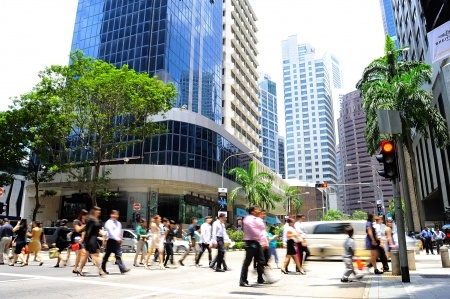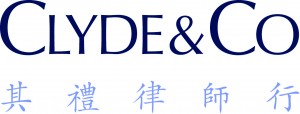3 April, 2017
There are certain key legislative amendments to the Companies Act (Cap 50) of Singapore which will take effect from 31 March 2017. These changes are intended to enhance transparency, reduce the administrative burden on Singapore companies and increase the ease of doing business.
1. Common Seal no longer mandatory
At present, Singapore companies who wish to execute a document as a deed would usually do so by way of the affixation of a Common Seal in accordance with its constitution, which typically requires the Common Seal to be affixed in the presence of a director, and a second director or the company secretary.
Companies often encounter practical difficulties in executing deeds, for instance, where the directors are out of Singapore (as the Common Seal must be retained in Singapore).
With effect from 31 March 2017, Singapore companies will no longer be required to use the Common Seal as a means of executing a document as a deed, or other documents such as share certificates.
Instead, companies will have the option to execute deeds by having them signed by authorised persons.
"Authorised persons" with respect to a company are:
(a) A director and the company secretary of a company;
(b) Two directors of a company; or
(c) A director of a company, in the presence of a witness who attests the signature.
Companies may however continue to use the Common Seal as a means to execute deeds.
This additional option provides much added flexibility in the execution of documents as deeds, with companies no longer required to overcome any practical jurisdictional restrictions.
2. Register of Controllers and Register of Nominee Directors
In an effort to enhance the level of transparency in relation to the ownership and control of a company and to reduce opportunities for the misuse of corporate entities for illicit purposes, certain Singapore companies will be required to maintain additional statutory registers with effect from 31 March 2017.
It is important to note that these additional statutory registers will be kept only by the corporate entity and will not be made available to the public. The relevant Singapore companies however must give the Registrar and the officers of the Accounting and Corporate Regulatory Authority of Singapore, as well as public agencies (e.g. law enforcement authorities such as the Commercial Affairs Department, Corrupt Practices Investigation Bureau and the Inland Revenue Authority of Singapore) access to these registers.
A grace period until 30 May 2017 will be provided to existing entities to comply with the maintenance of these statutory registers, while new entities will have 30 days to comply from the date of its incorporation or registration.
Register of Registrable Controllers
With effect from 31 March 2017, non-exempted Singapore incorporated companies will be required to maintain a Register of Registrable Controllers at prescribed places e.g. the non-exempted Singapore company's registered office or the registered office of its registered filing agent.
The Register Registrable Controllers will contain the particulars of the controller of the company.
In respect of a Singapore company, a controller is defined as an individual or a legal entity that has 'significant interest' in or 'significant control' over the company.
For companies with share capital, a controller who has 'significant interest' in a company will include an individual who has (i) interest in more than 25% of the shares; or (ii) shares with more than 25% of total voting power in the company.
A controller who has 'significant control' over a company is a person who:
(a) Holds the right to appoint or remove directors who hold a majority of the voting rights at directors' meetings;
(b) Holds more than 25% of the rights to vote on matters that are to be decided upon by a vote of the members of the company; or
(c) Exercises or has the right to exercise significant influence or control over the company.
The Register of Registrable Controllers is also required to be maintained by non-exempted foreign companies registered in Singapore (i.e. branches) and non-exempted Singapore limited liability partnerships.
Register of Nominee Directors
Singapore incorporated companies will also be required to maintain a Register of Nominee Directors with effect from 31 March 2017 at prescribed places (e.g. its registered office or the registered office of its registered filing agent).
The Register of Nominee Directors will contain the particulars of the nominee directors and his or her nominators.
A director is a nominee if the director is accustomed or under an obligation whether formal or informal to act in accordance with the directions, instructions or wishes of any other person. For example, a director is a nominee of a person with a shareholding in a company if he or she is appointed by that person to the board of directors of the company and he or she acts in accordance with the directions, instructions or wishes of that person.
For further information, please contact:
Thomas Choo, Clyde & Co
thomas.choo@clydeco.com

.jpg)





